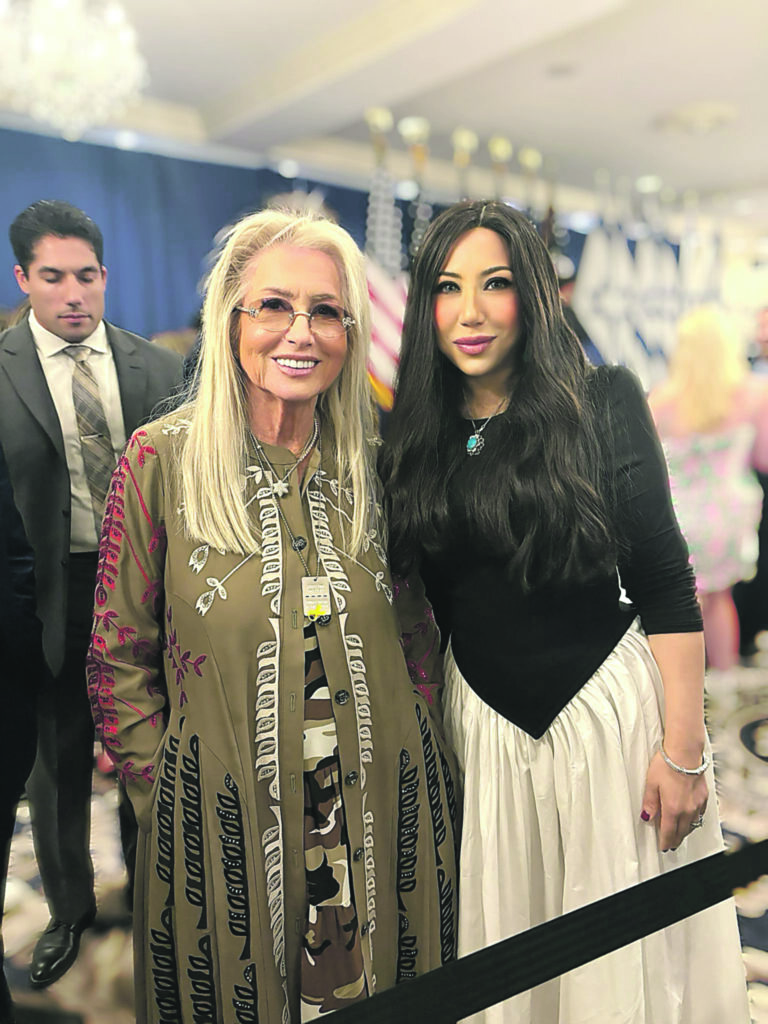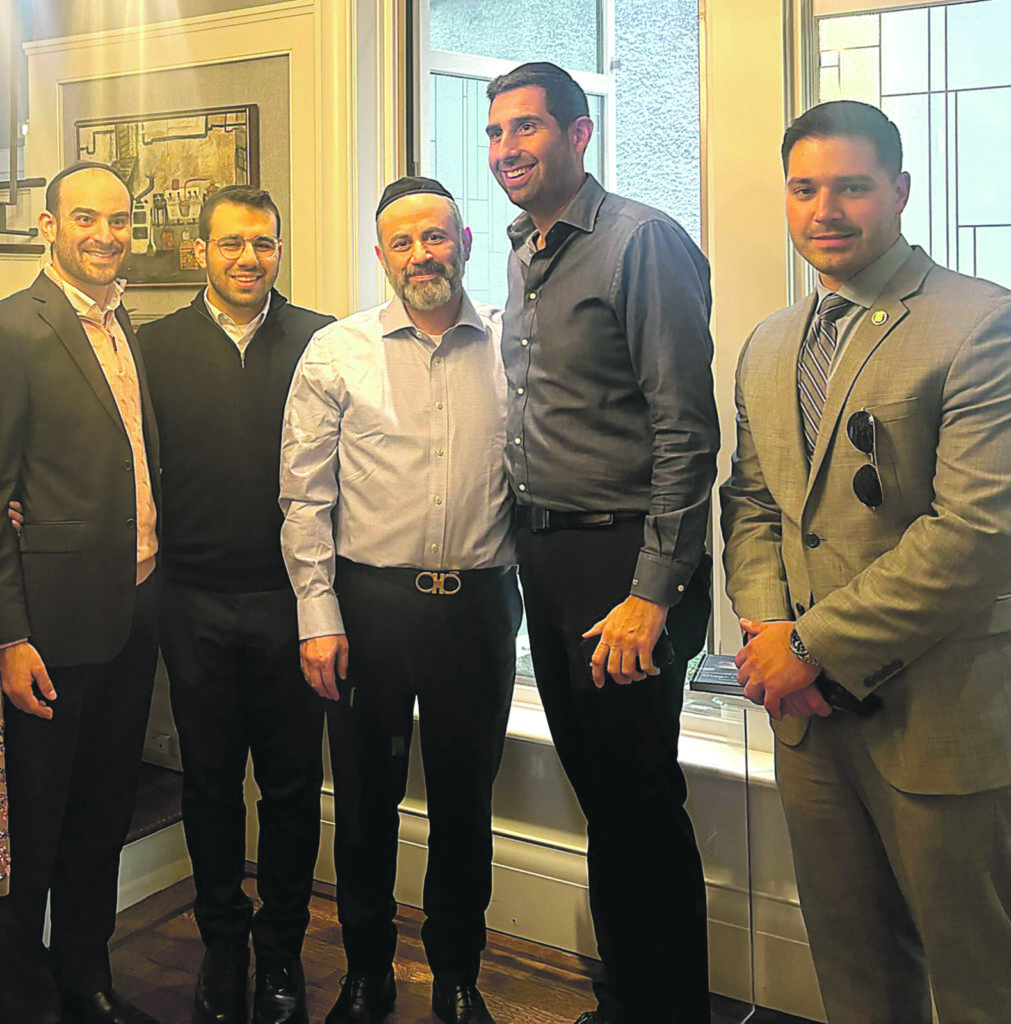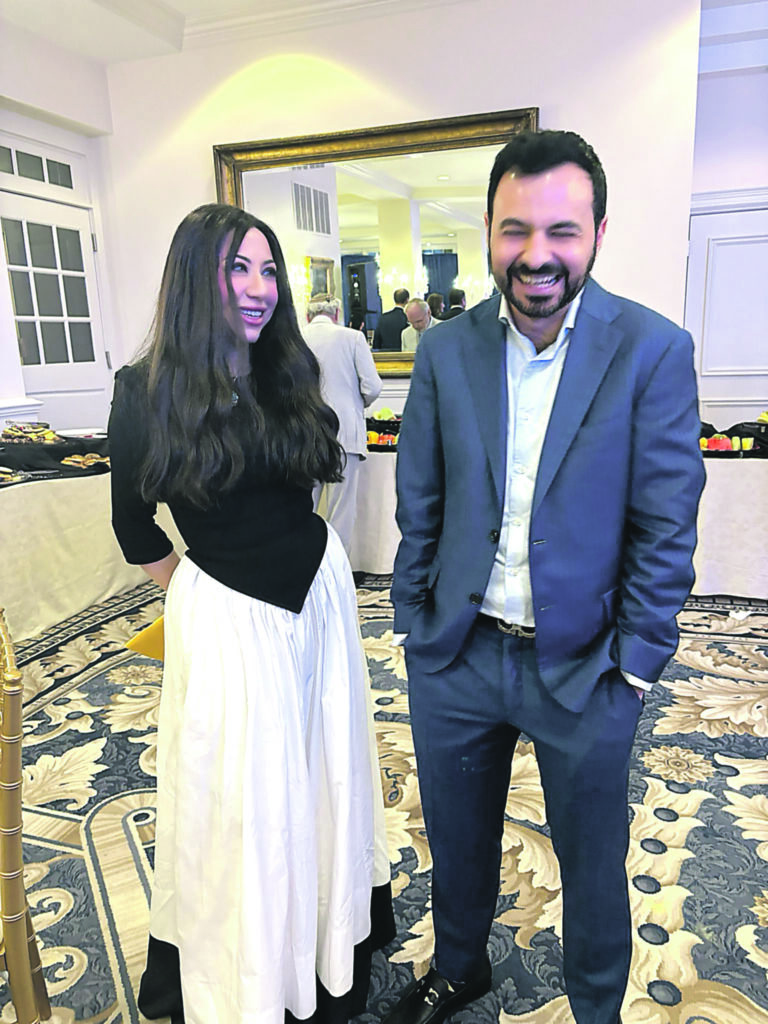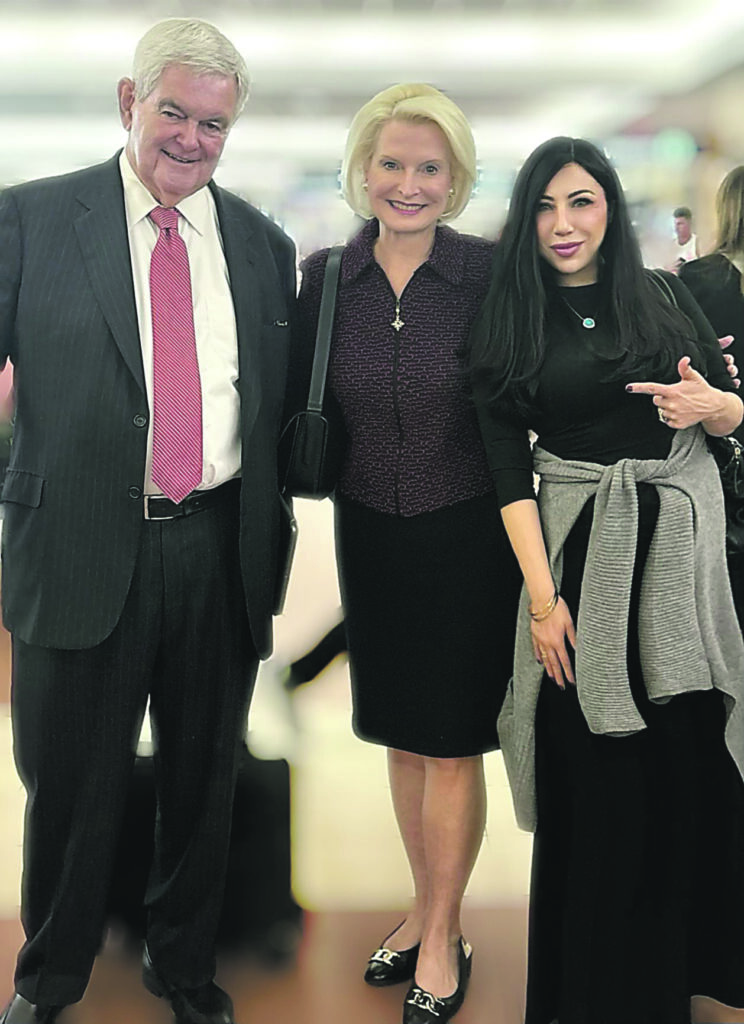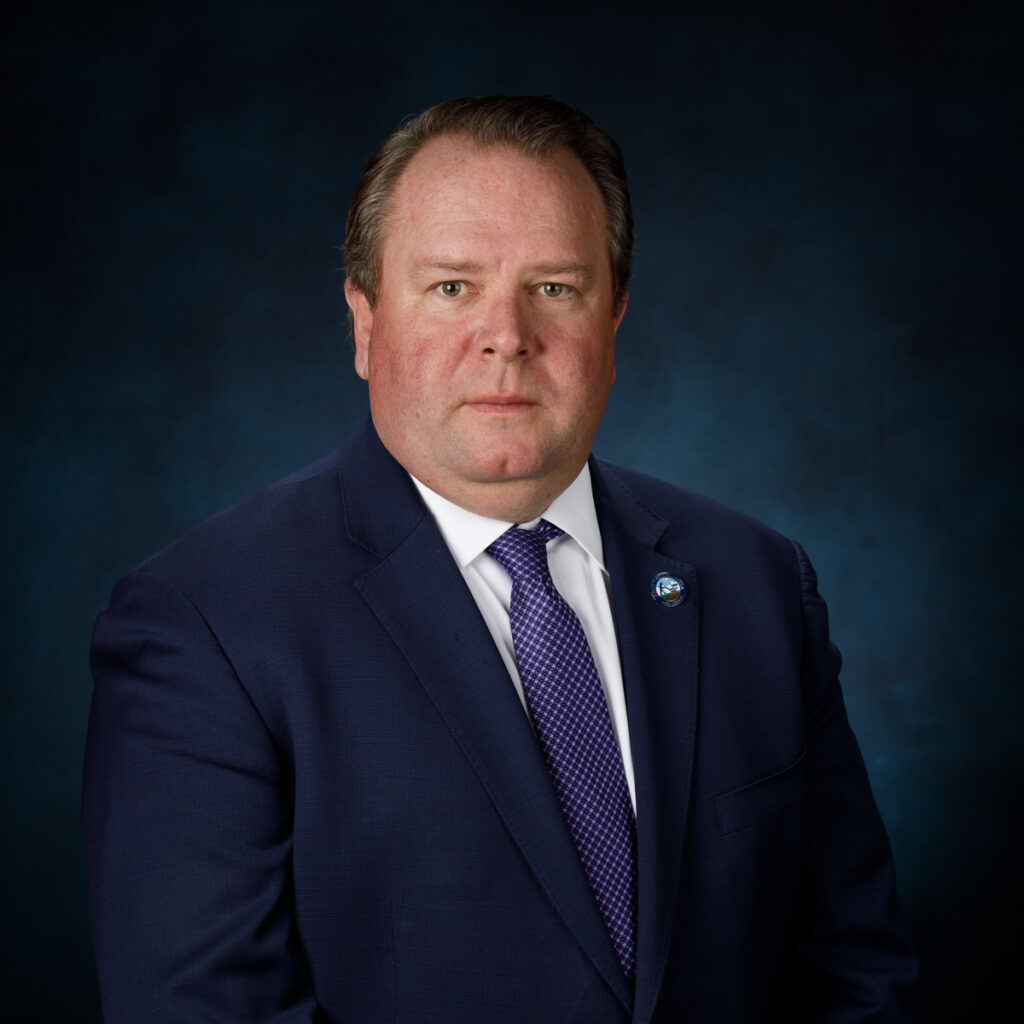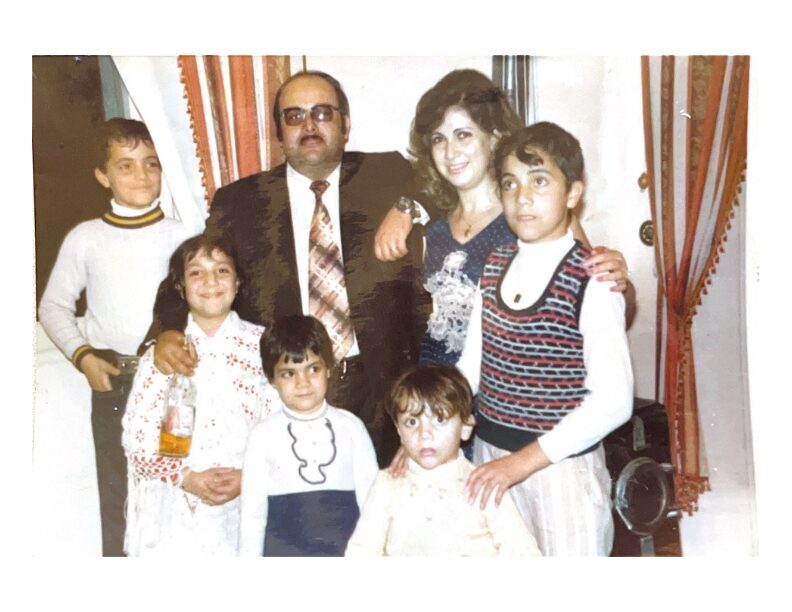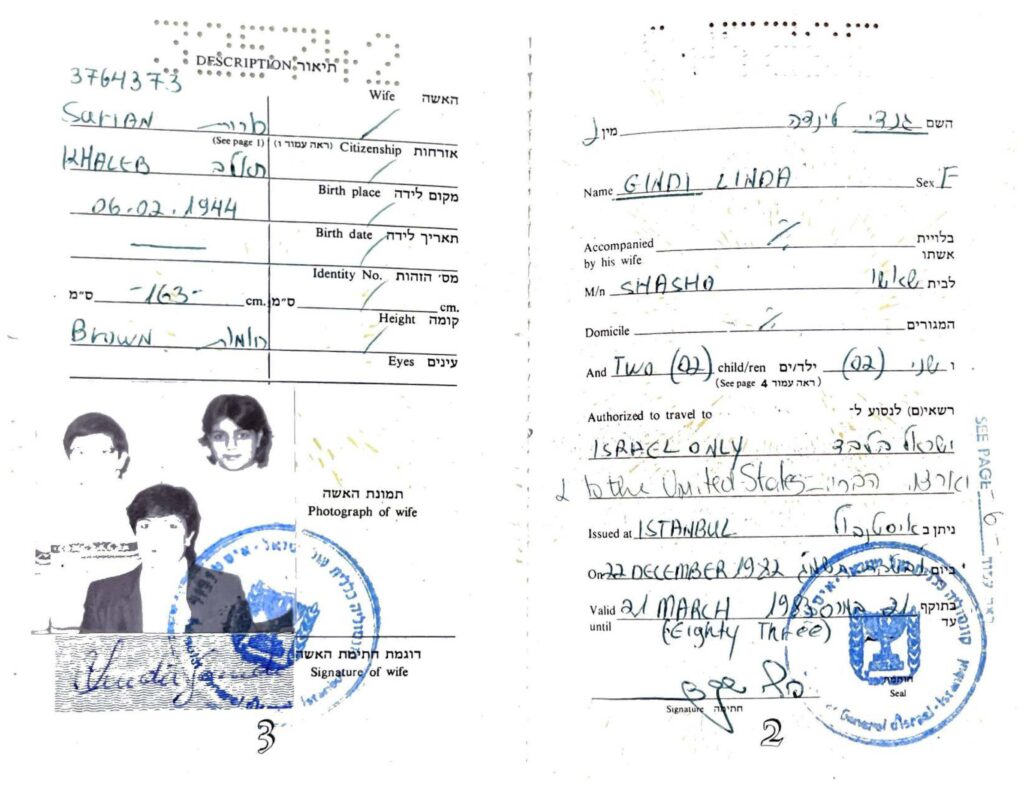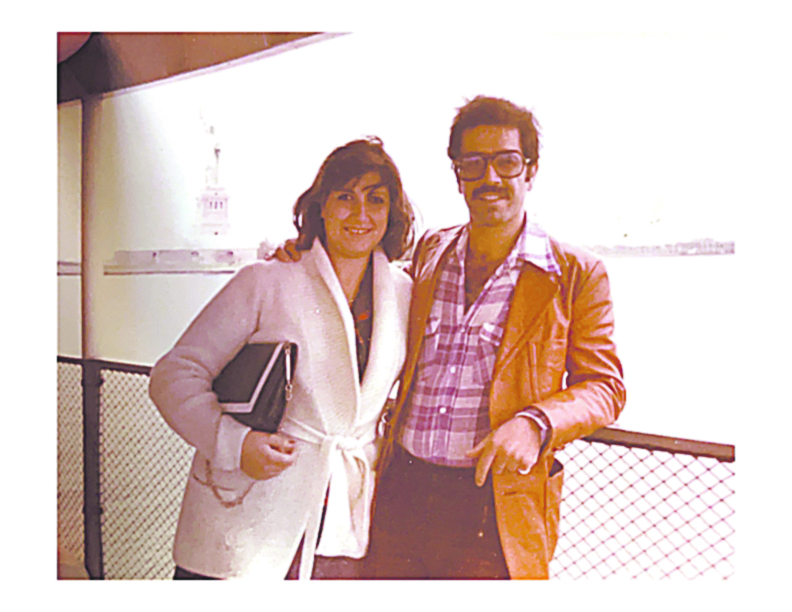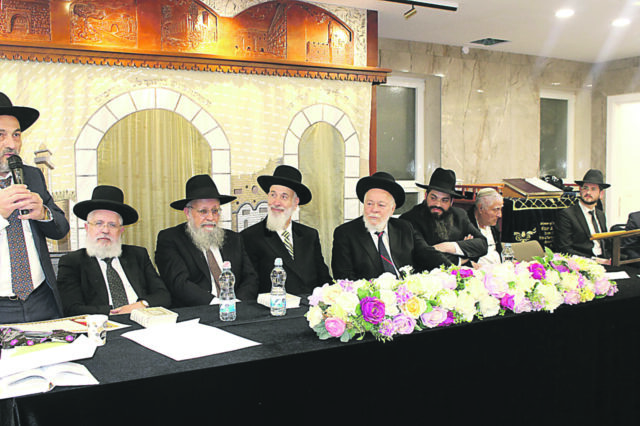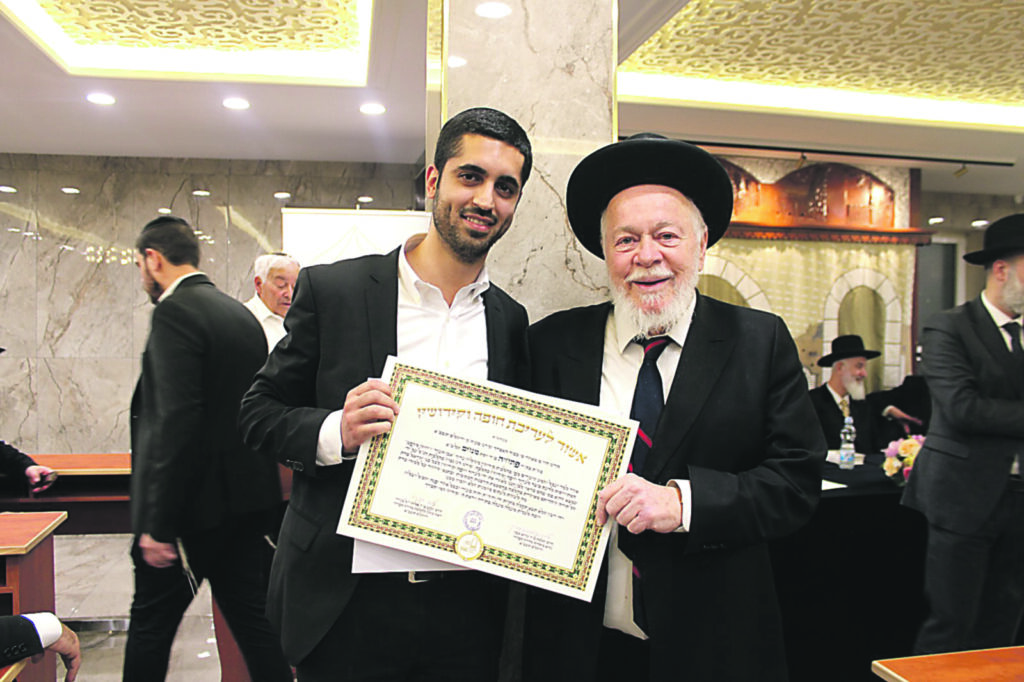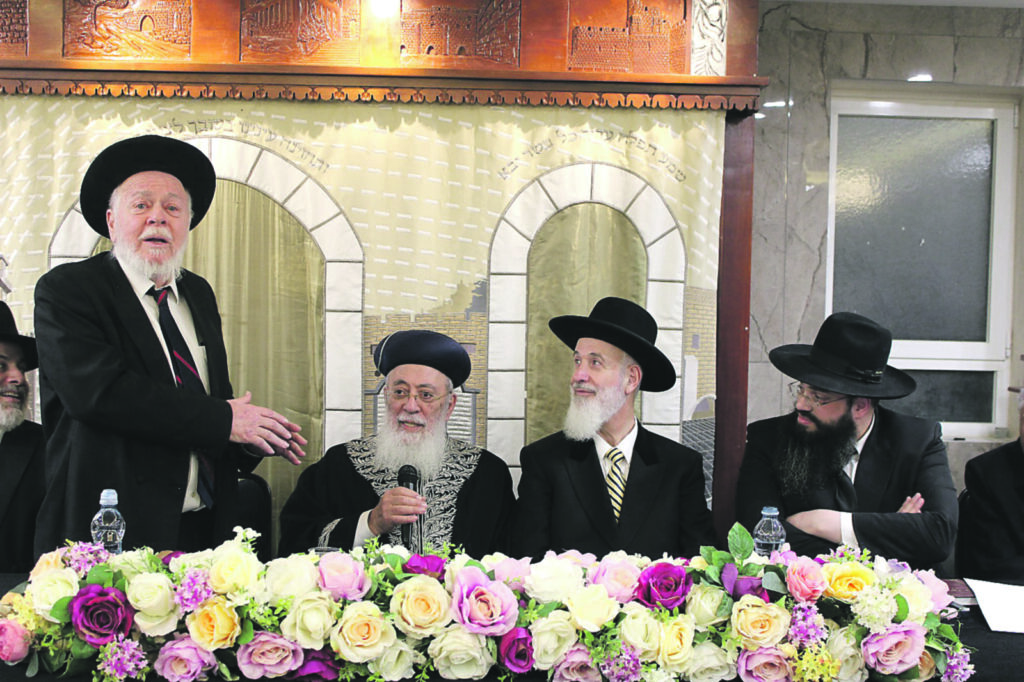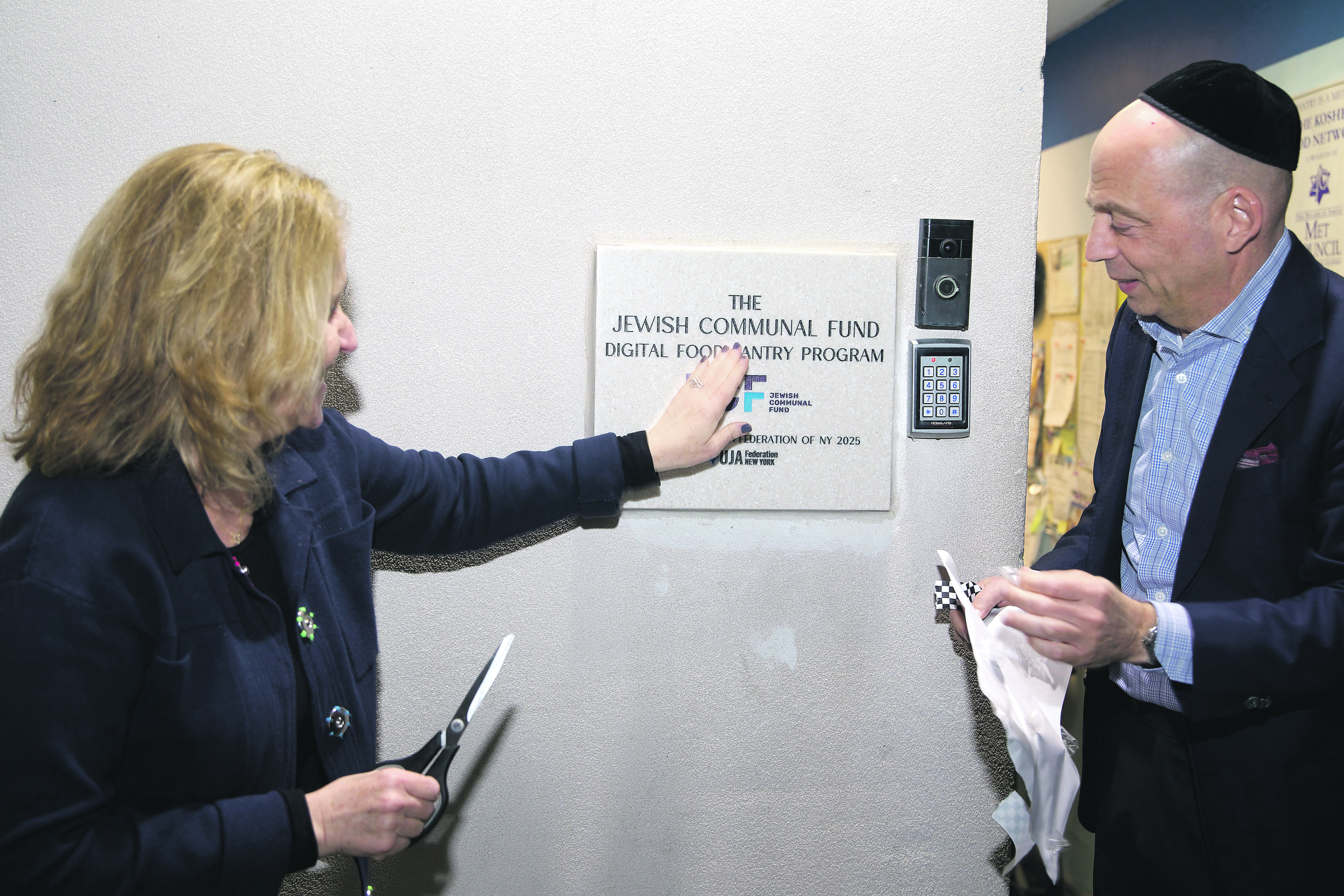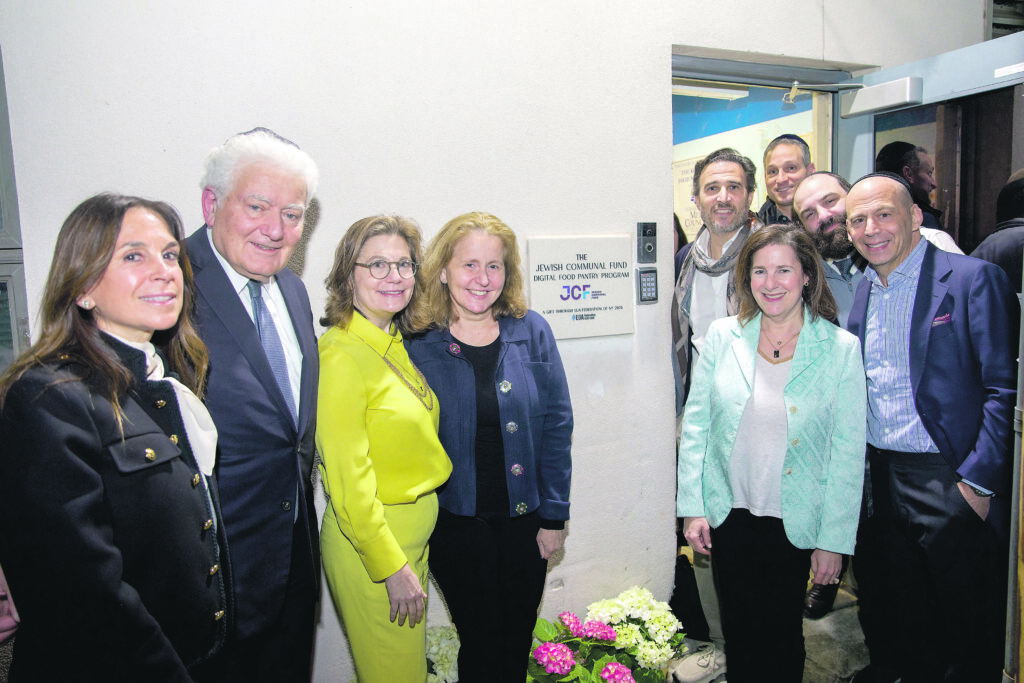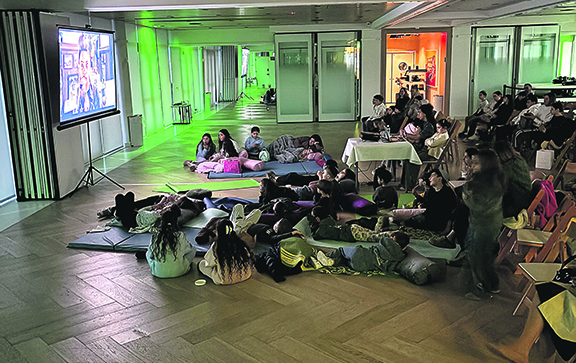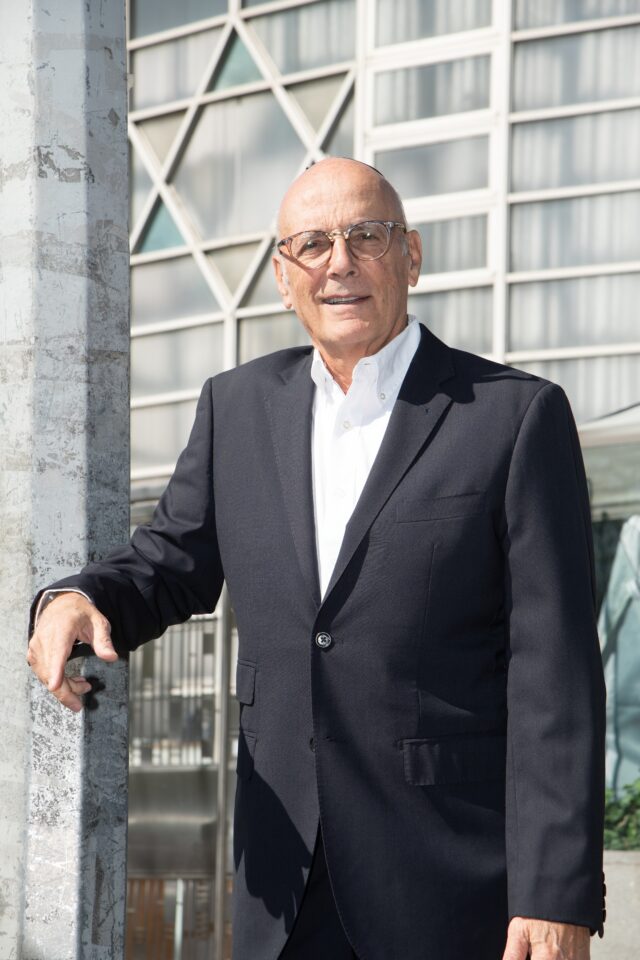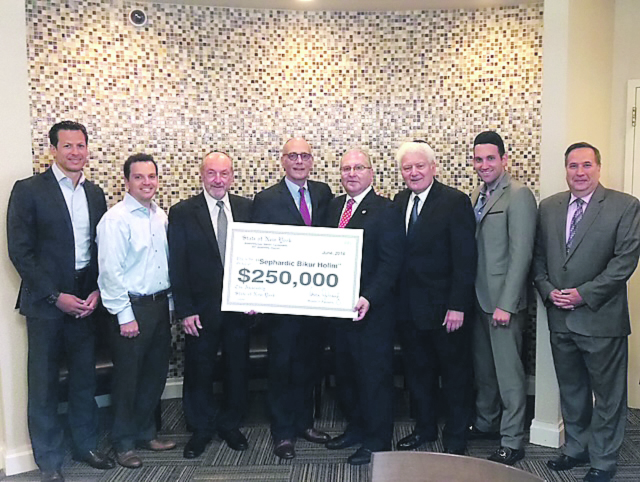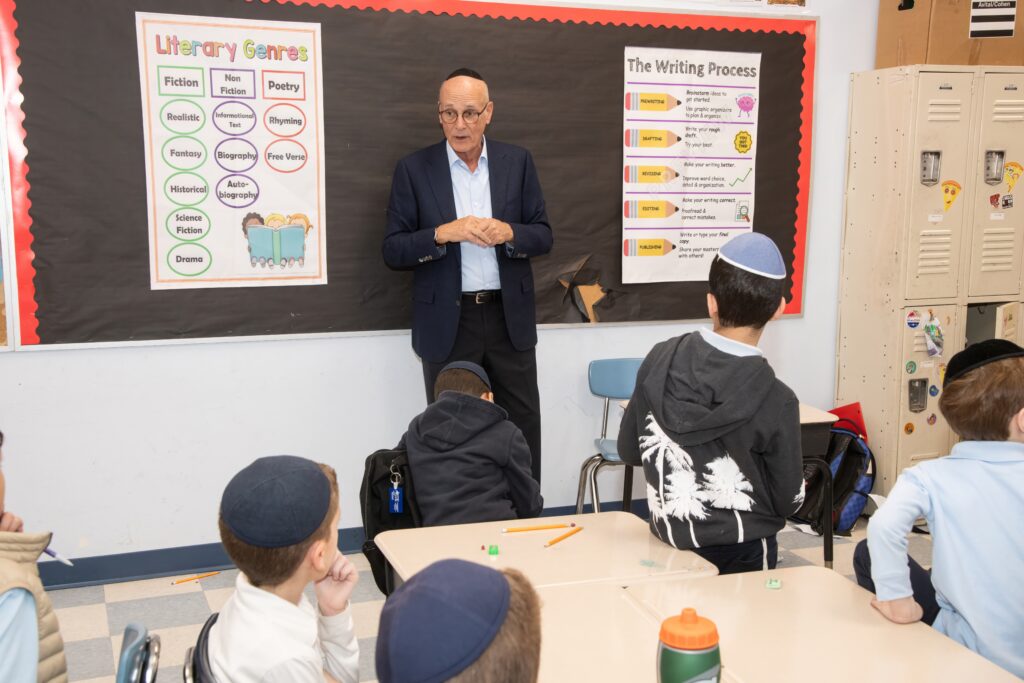Keeping the Fire Burning
Rabbi Efrem Goldberg
Lag B’Omer celebrates the Jewish resolve to dispel darkness and light up the world, even after horrific loss and tragedy.
I was once talking to a mother in our community who has several significant challenges in her family. I asked her an innocuous question, something like, “How are you doing?” Her response has stayed with me ever since. She said, “Rabbi, any day which ends with the same head count in my home as it began is a good day, no matter what else is going on.”
We can sometimes be so caught up in insignificant and even significant things going on, we forget to be grateful for the simple fact of ending the day with the same head count in our home as when it began. Tragically, October 7 have taught us, that isn’t a given.
This month we will celebrate Lag B’Omer, the 33rd day of the Omer. Each day of the Omer is characterized by another kabbalistic attribute. Lag B’Omer is called Hod sh’b’hod, the glory of glory, reflecting our appreciation of G-d’s greatness and glory. The Hebrew word hod can be understood as coming from the same Hebrew word as hodu, or modeh, meaning to give thanks. Lag B’Omer is a day characterized as “thankfulness within thankfulness,” or a day to celebrate gratitude.
The miraculous manna the Children of Israel ate in the desert began to descend from Heaven on Lag B’Omer. On the first day, the manna was undoubtedly greeted with great enthusiasm and appreciation, but as time went on and there was an increasing expectation the heavenly bread would descend, it became much easier to take it for granted and to forget to be appreciative for it at all.
Therefore, Lag B’Omer is a time that we identify and say thank you for all of the blessings that regularly descend into our lives, but unfortunately, like the manna, that we take for granted. It is so easy to fall into a sense of entitlement and to forget to be grateful. Why should I thank my children’s teachers? They’re just doing their job. Why should I be so appreciative to the waiter, or the custodian, or the flight attendant? Isn’t that what they are supposed to do? When was the last time we said thank you to the person who cleans your dirty laundry? Do you express gratitude regularly to your spouse who shops, cooks dinner, or who worked all day to pay for dinner, or in some cases did both?
As we celebrate Lag B’Omer, let’s remember to say thank you to the people who do extraordinary things in our lives. But even more importantly, let’s especially express gratitude to the people and to G-d for the ordinary things that make our lives so filled with blessing, like having the same head count in our home at the end of the day.
Don’t Give Up
There is another theme of Lag B’Omer that is particularly relevant this year. The Pri Chadash, a commentary on the Code of Jewish Law, asks: why do we celebrate it as a happy day? Most would answer because on that day the 24,000 students of Rabbi Akiva who were struck by a plague during this time period stopped dying. But who makes a party because people stopped dying? And moreover, they only stopped dying because there were none left. All 24,000 students perished. Why would we celebrate it as a joyous and festive day?
He answers, we don’t celebrate because the dying ended; we are marking what came next. Rather than be defeatist or despondent, rather than give up or give in, despite all the loss, Rabbi Akiva didn’t walk away or close up shop. When the funerals were over and the shivahs concluded, Rabbi Akiva identified five new students and he began again. He remained optimistic, positive and resolute in forging forward with the future of the Jewish people. He took the time to mourn and grieve and then he began to build again.
Lag B’Omer celebrates the Jewish commitment and resolve to light up the world, to dispel the darkness, to be true to our mission and purpose, even after horrific loss and tragedy.
October 7 was the most tragic day for the Jewish people since the Holocaust. In the months and years that followed we have buried too many of our heroic soldiers who paid the ultimate price to defend our people. We have heard and seen the torment the hostages are going through. But like Rabbi Akiva, rather than cower or fold, rather than flee or give up, the people of Israel and the Jewish people as a whole are tenacious and determined, fully committed to continue to light up the world.
This Lag B’Omer, pause to be grateful for what we too often take for granted and further consider what you can contribute to keep the fire of our people burning stronger than ever.
Rabbi Efrem Goldberg is the rabbi of the Boca Raton Synagogue.










